Swiss strongly favour burka ban: newspapers
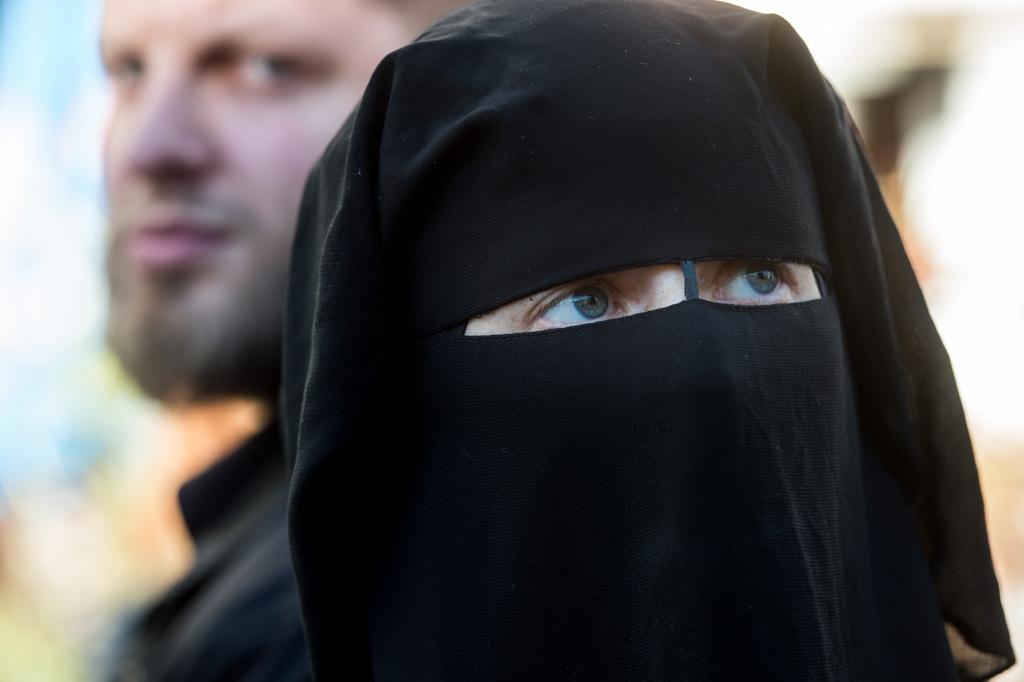
An overwhelming 71% of the Swiss population would support a nationwide ban on the wearing of veils or any kind of clothing that hides the face in public, according to a survey published on Sunday.
The result is based on responses to a survey that the Sunday newspapers SonntagsZeitungExternal link and Le Matin DimancheExternal link conducted online among 15,824 Swiss voters during last Monday and Tuesday. The idea of a national ban gained 72% support in German-speaking Switzerland and 70% in French-speaking Switzerland. Women approved nearly as much as men.
There was 85% support for the idea in Italian-speaking Ticino, which on July 1 became the first and only of Switzerland’s 26 cantons to introduce a “burka ban” on any face-covering headgear.
Ticino authorities handed out the first fine to a Swiss niqab-wearing Muslim from Zurich who travelled to Ticino to defy the law. Hotels in the region have opposed the new law, saying it’s bad for business.
Ticino support
With its Mediterranean climate where palms and citrus trees grow, Ticino had targeted Arab tourists used to similar environments as a way of partially making up for a significant decline in the number of German-speaking Swiss tourists and Germans who visited in the past few years.
But the survey results from Ticino appear to signal growing support there for the prohibition. In 2013, about 65% of the canton’s residents agreed to make the wearing of a burka in public punishable by a CHF10,000 ($10,200) fine.
The controversial move reflects some of the deep anxieties over immigration and security that have been simmering in Switzerland and around Europe in the past decade.
The Ticino vote resulted from an initiative by mostly rightwing politicians and activists who argued that Switzerland is threatened by “Islamisation” and that people who hide their faces pose a security risk.
European fears
In 2009, the same committee organised a successful vote to ban the building of new minarets, which led to international condemnation. There are about 200 mosques and prayer houses in Switzerland, but only four have a minaret. The vote occurred in the wake of heated debates and legal battles at a local level about requests by mosques to build more minarets.
In 2010, France was the first European country to ban the full-face Islamic veil in public places. The European Court of Human Rights has since upheld the law. Similar bans have been imposed in Belgium and in several places in Italy, Russia and Spain.
The governments of Saudi Arabia and the United Arab Emirates have called on their citizens to abide by the various bans on religious dress in different parts of Europe, including Ticino.
Swiss politics
Among political parties, the support for a potential burka ban expressed in the survey varied along predictable lines. It was highest among the rightwing Swiss People’s Party, the nation’s largest, and weakest among the leftwing and Greens. There also was support among political leaders from eight other cantons.
Among those leaders, most say they would prefer to impose a burka ban through legislation and not through the Constitution. Four years ago, however, the House of Representatives voted against banning burkas worn by Muslim women from public spaces in Switzerland.
That put an end to an initiative put forward by canton Aargau. The Senate also had voted against it. At the time, parliamentarians argued that banning the burka would be excessive and would encourage tourists from Muslim countries to have negative opinions of Switzerland.
The Senate also had left it up to individual cantons to decide whether to take security measures against protesters who conceal their faces.
Muslim traditions
The burka and niqab, frequently worn in Afghan regions, cover all but the wearer’s eyes, while the hijab is a scarf worn only over the head. The tschador, traditionally Iranian in origin, covers the entire body except the face.
Muslims constitute about 5 percent of Switzerland’s more than 8 million population. Most Muslim immigrants came from the former Yugoslavia and Turkey. The community includes up to 100 nationalities.

In compliance with the JTI standards
More: SWI swissinfo.ch certified by the Journalism Trust Initiative
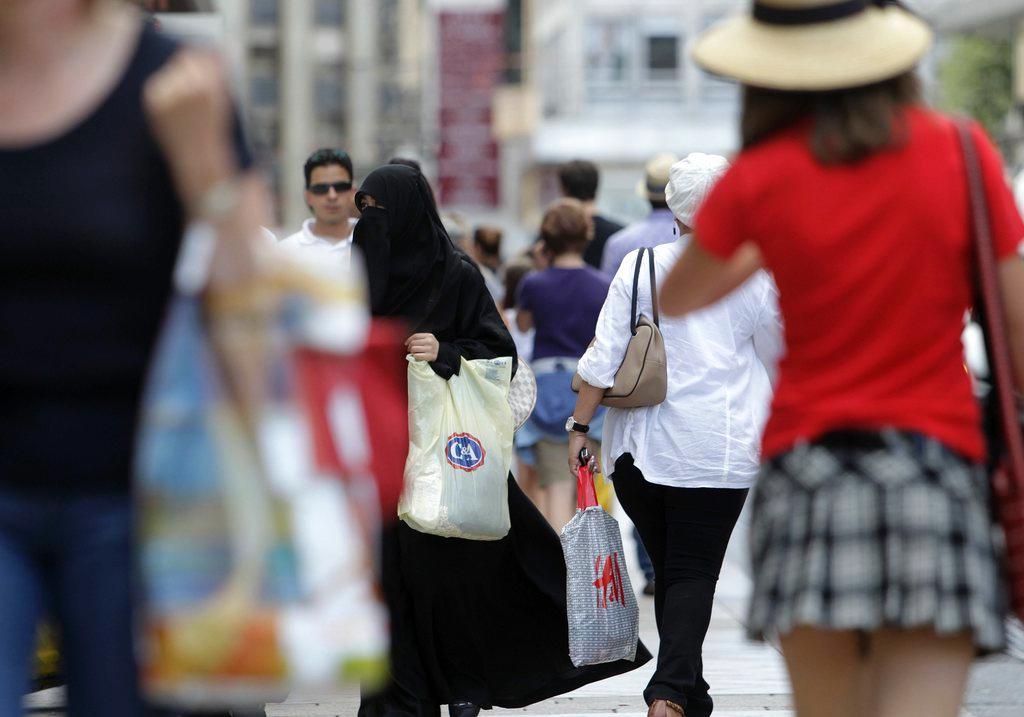
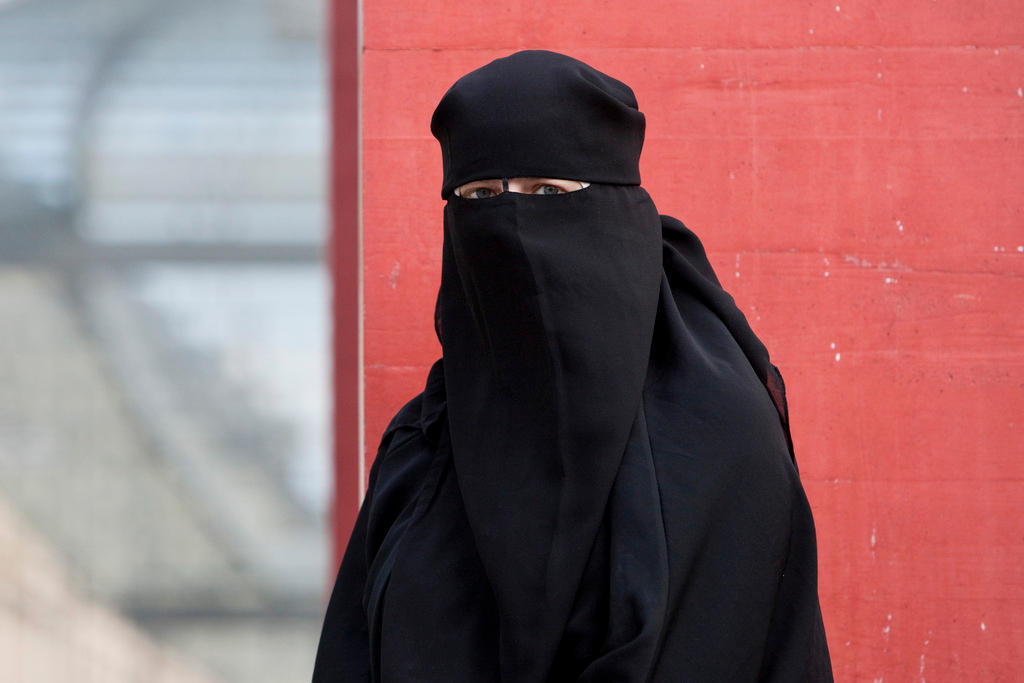
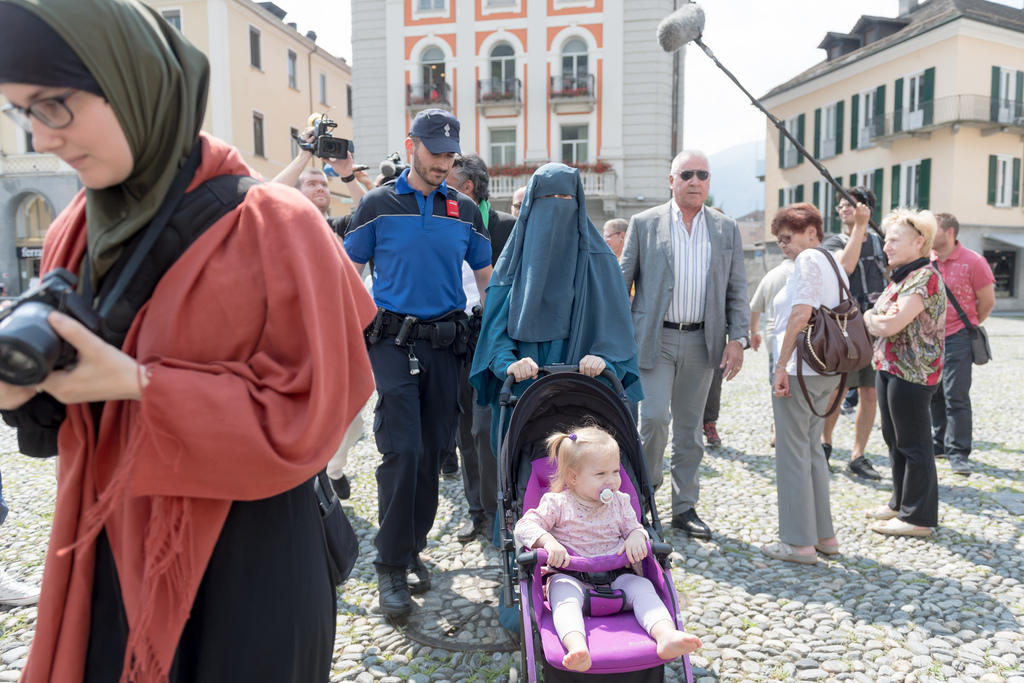
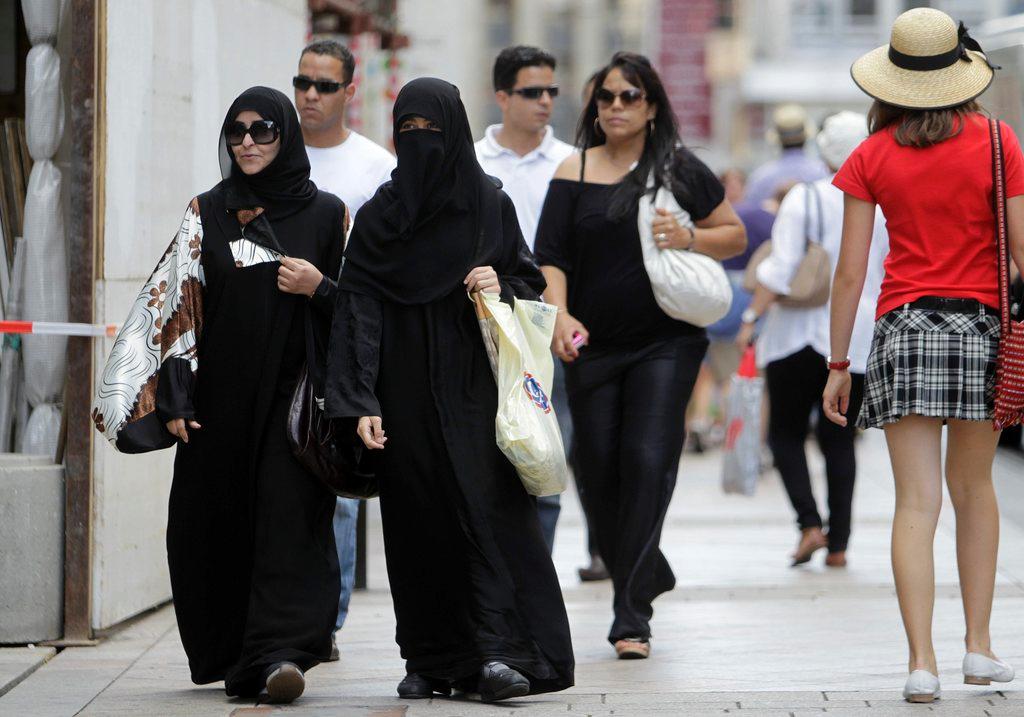
You can find an overview of ongoing debates with our journalists here . Please join us!
If you want to start a conversation about a topic raised in this article or want to report factual errors, email us at english@swissinfo.ch.